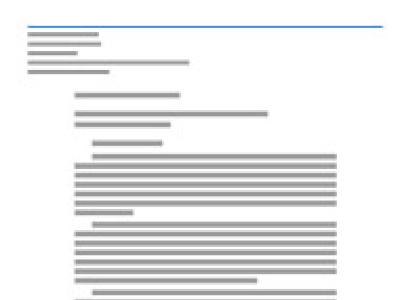
This publication is the report of a study which attempts to provide a sharper insight into specific aspects of the functioning of parliaments, more specifically the issue of the parliamentary mandate. The study focuses on the nature, duration and exercise of the parliamentary mandate. As the author himself concludes, conferring certain special rights on members of parliament does not mean that they are above the law. Rather, it is a recognition of the fact that, given the importance and magnitude of the mandate entrusted to them by the sovereign people, they require some minimum guarantees to be able to discharge this mandate in an independent and unhindered fashion. The study is based on answers received from over 130 parliamentary chambers to a questionnaire. It is supplemented by data on the same subject matter available on the PARLINE database which can be accessed through the Union's Web site http://www.ipu.org. The study offers a comparative analysis of the practice of several countries in terms of the nature, duration and exercise of the parliamentary mandate and the legal and material resources to which the parliamentarian is entitled. It looks at the duties and obligations of parliamentarians, which are meant to ensure that they do not betray the trust bestowed on them by the electorate. Besides, the study highlights the need for parliamentarians to maintain the highest standards of probity, thus setting an example in ensuring transparency and accountability in government and hence good governance. The fact that several parliaments currently have codes of conduct/ethics for parliamentarians is highly significant in this regard.





